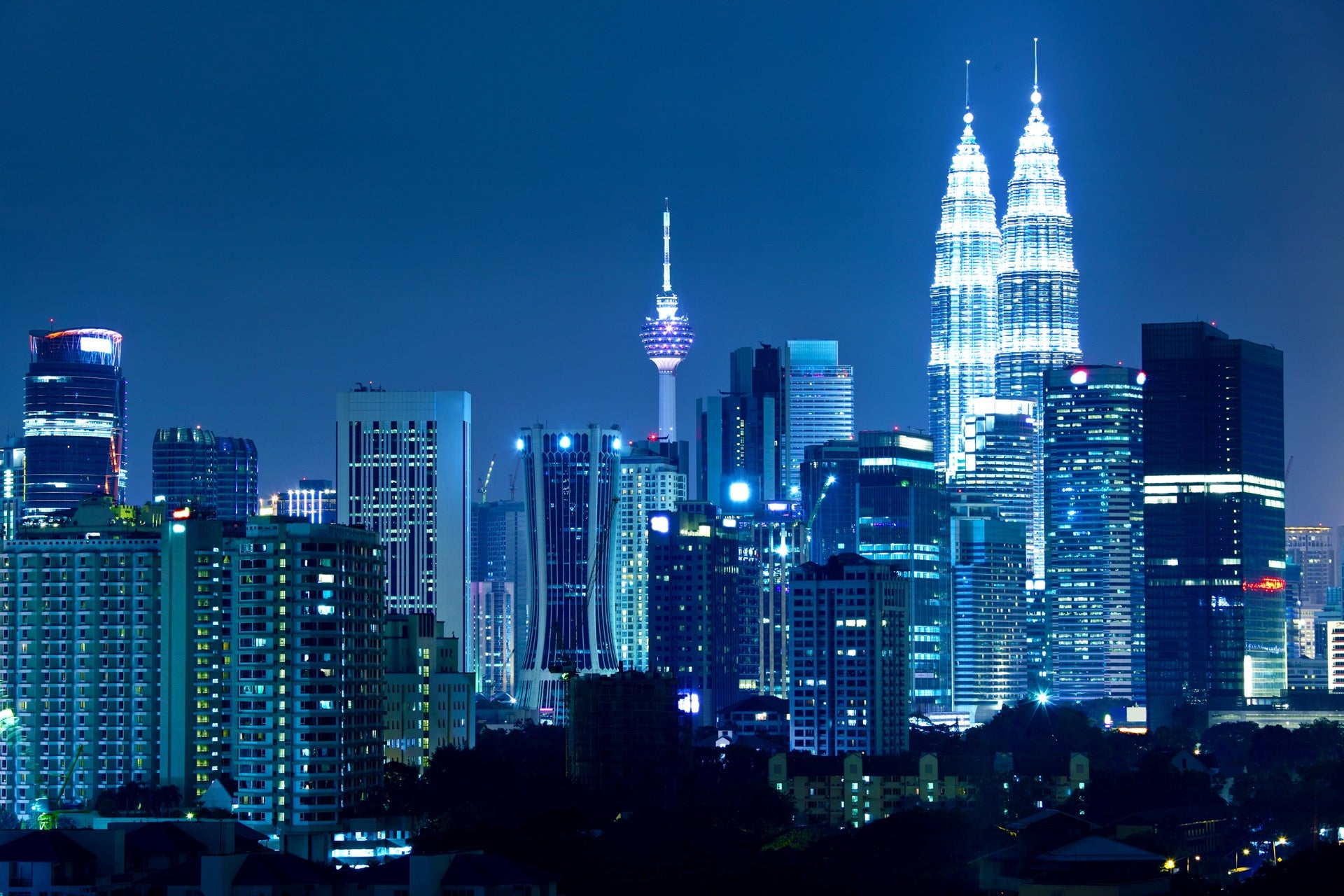
Microsoft plans to invest $1bn over the next five years to build a new data centre in Malaysia as it positions itself for a bigger cut of the booming market. The data centre industry is expected to double in value to be worth $948bn by 2030.
The Redmond-headquartered company has made similar investments in Asia over the past six months, unveiling plans to launch new data centres in China, Indonesia and Taiwan.
Announcing the new centre, Microsoft said it was part of its Bersama Malaysia – Together with Malaysia – initiative, which aims to further develop the nation’s digital economy. To this end, the tech titan has pledged to upskill one million Malaysians by the end of 2023 to, as it said, “help create economic opportunities for people and businesses in the digital era.”
“Building digital infrastructure is fundamental to advancing a nation’s digital economy,” said Jean-Philippe Courtois, executive vice president and president at Microsoft global sales, marketing and operations. “The upcoming data centre region will be a game-changer for Malaysia, enabling the government and businesses to reimagine and transform their operations, to the benefit of all citizens.”
Microsoft’s Malaysia data centre will be built in the Greater Kuala Lumpur area. It will provide access to the full Microsoft Cloud, including access to Microsoft Azure, Microsoft 365, Dynamics 365 and Power Platform. It will also deliver Azure Availability Zones that provide protection against service outages and data losses. Microsoft also said the data centre will enable it to reach it sustainability goals of becoming 100% powered by renewable energy by 2025.
Tan Sri Muhyiddin Yassin, Prime Minister of Malaysia, said: “This significant investment from Microsoft further fortifies Malaysia’s position as a potential regional data hub and we stand ever ready to welcome more such partners as we work with our stakeholders to continually improve Malaysia’s value proposition in this big data space.”
How well do you really know your competitors?
Access the most comprehensive Company Profiles on the market, powered by GlobalData. Save hours of research. Gain competitive edge.

Thank you!
Your download email will arrive shortly
Not ready to buy yet? Download a free sample
We are confident about the unique quality of our Company Profiles. However, we want you to make the most beneficial decision for your business, so we offer a free sample that you can download by submitting the below form
By GlobalDataLocal companies like Petroliam Nasional Berhad and Celcom Axiata Berhad have pledged to help Microsoft scale Malaysia’s digital infrastructure and to use the Microsoft Cloud from the new data centre when available. The Malaysian Administrative Modernisation and Management Planning Unit has appointed Microsoft to provide cloud services to the Malaysian public sector agencies through 2023.
Booming market
News about Microsoft’s Malaysia data centre comes as the industry has come out as one of the big winners from the pandemic. Data centres proved their importance during the Covid-19 crisis by empowering remote workers, providing entertainment for locked down citizens and contributing to the online shopping surge, according to a report from GlobalData.
“As a result, data centres have come to be regarded as the fifth utility, as critical as water, electricity, gas and telecoms, with their staff categorised as key workers,” the report authors noted. “Utility status may be a double-edged sword. For one thing, governments will have higher expectations. The expansion of data centres also reflects the need for increased artificial intelligence processing capabilities, but these have a poor carbon footprint. Meeting stringent sustainability targets is an unwelcome reward for an industry that excelled during the pandemic.”
GlobalData forecasts estimate that the data centre market was worth $466bn in 2020 and that it will grow at a compound annual growth rate of 6.7% over the next decade to be worth $948bn by 2030.
“Much of that market expansion will come from the building of more hyperscale data centres and the introduction of edge data centres,” the researchers wrote. “By the middle of the decade, most enterprise-generated data will be created and processed outside remote data centres or the cloud. The next few years will also see increased mergers and acquisition activity, with special purpose acquisition companies (SPACs) already being created to buy up data centres.”
The sector’s expected growth partially explains Microsoft’s aggressive Asian expansion efforts as it tries to flank its competition. The company’s competitors include Dell, IBM, Samsung, Oracle, Cisco, Intel and Tencent, which recently opened a data centre in Indonesia. Facebook has also recently built an enormous new data centre in Singapore, which it describes as “a candidate for the world’s largest data centre under one roof”.






